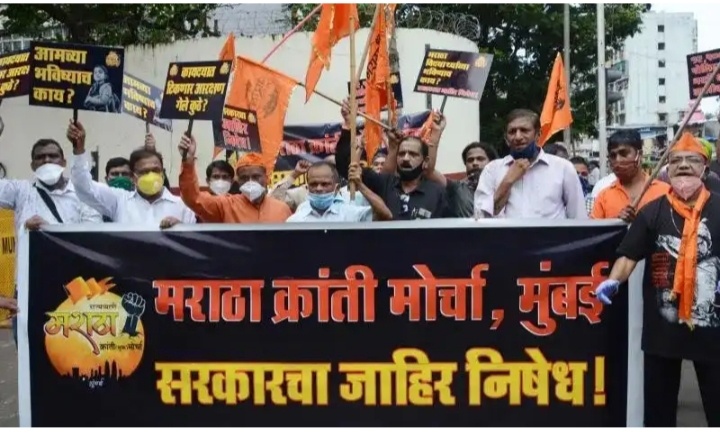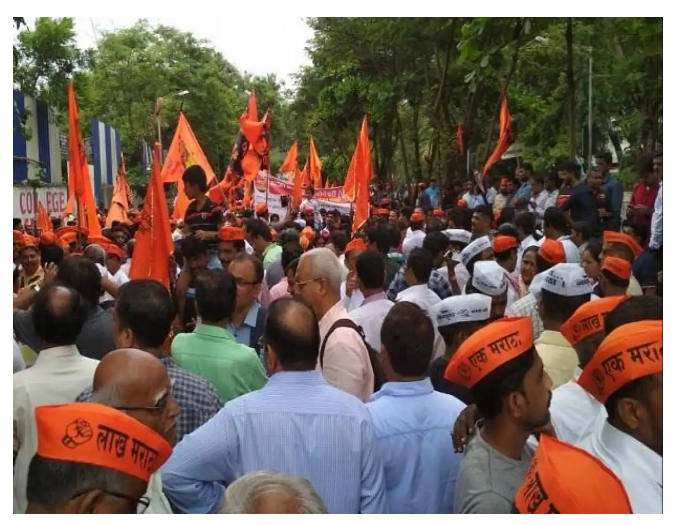The Supreme Court quashed Maratha quota in Maharashtra and said that the maximum limit of reservation cannot exceed 50%.
The court said that it ” Violates The Right To Equality”.
The Supreme Court refused to send the 1992 Mandal decision to set the reservation limit at 50 percent to the larger bench.
At the same time, the court rejected Maharashtra’s law giving reservation to Maratha community in government jobs and admissions, terming it unconstitutional.
In its decision on the petitions challenging the Bombay High Court’s decision, the Supreme Court said, ‘We did not find reason to reconsider the decision of Indira Sawhney.’
A five-judge constitution bench headed by Justice Ashok Bhushan, Justice L Nageswara Rao, Justice S Abdul Nazeer, Justice Hemant Gupta and S Justice Ravindra Bhat ruled on the case.
The five-judge bench has given four separate verdicts, but all have admitted that the Maratha community cannot be given reservation.
Reservation can only be given to backward classes. Marathas do not fall into this category. The Supreme Court said that both the Justice Gaikwad Commission and the High Court have talked about reservation in exceptional condition, but both did not say what is the extraordinary situation in Maratha reservation.
The constitution bench started hearing in the case on 15 March. The Bombay High Court upheld the law in June 2019, stating that 16 per cent reservation is not justified and reservation in employment should not exceed 12 per cent and it should not exceed 13 per cent in enrollment.
The High Court upheld the reservation for Marathas in educational institutions and government jobs in the state .








